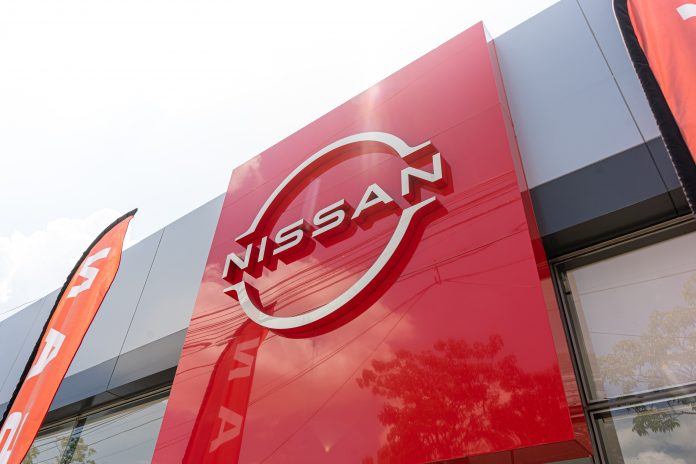Nissan is planning to replace CEO Makoto Uchida following disappointing financial earnings and the collapse of merger talks with Honda, according to sources familiar with the matter. The company has begun exploring potential successors, though no final decision has been made.
Uchida, who has led the automaker since late 2019, previously stated he was willing to step down but preferred to stabilize the company first. However, Nissan is now forecasting an ¥80 billion ($536 million) net loss for the fiscal year ending in March, a sharp reversal from the ¥380 billion profit projected just nine months ago.
Nissan’s financial challenges include a record debt bill due next year and credit rating downgrades to junk status by all three major agencies. To secure its future, Uchida pursued a potential merger with Honda through a joint holding company, but negotiations collapsed due to disagreements over terms. Instead, Nissan, Honda, and Mitsubishi Motors plan to continue working together on EV battery and software development.
Nissan has struggled to attract buyers with an aging vehicle lineup, forcing the company to rely on incentives to manage inventory. In November, Uchida announced plans to cut 9,000 jobs and reduce production capacity by 20%.
The failed Honda deal was viewed positively by Nissan’s largest shareholder, Renault, which criticized Honda’s aggressive negotiation stance. Renault has signaled interest in shifting its focus to partnerships with China’s Geely rather than deepening ties with Nissan.
Additionally, Taiwanese electronics giant Foxconn expressed interest in acquiring a stake in Nissan and remains open to purchasing Renault’s 36% share. The company aims to expand into EV manufacturing but has faced resistance from automakers reluctant to outsource production. Meanwhile, U.S. private equity firm KKR has explored potential investment opportunities to strengthen Nissan’s financial position.
As Nissan faces mounting challenges, its leadership transition could determine the company’s ability to secure partnerships and navigate the evolving automotive industry.





